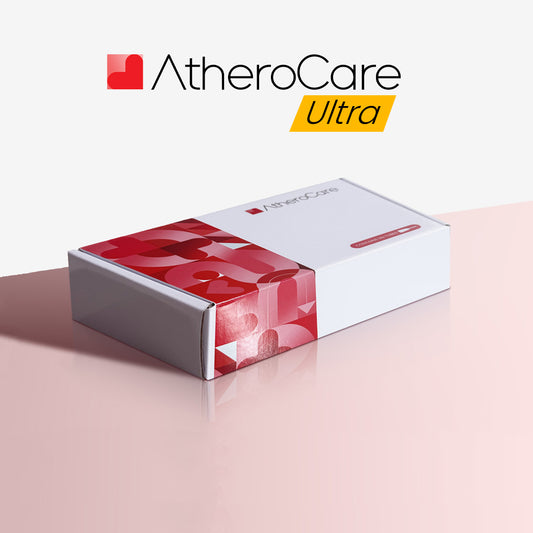Move to Unclog Your Arteries: How Exercise Can Help Reduce Blockages
Blocked arteries don’t just affect your heart—they affect your entire body. Arterial blockages, often caused by plaque made of cholesterol and fat, can reduce blood flow and increase your risk of heart attacks, strokes, and other serious health problems. But there’s good news: regular physical activity can help keep your arteries clean and healthy.
How Does Exercise Help Your Arteries?
Exercise helps reduce arterial blockages in several powerful ways:
1. Improves Blood Flow
When you move your body, your heart pumps faster and stronger. This increases circulation, which helps prevent plaque from sticking to your artery walls.
2. Lowers Bad Cholesterol (LDL)
Physical activity helps lower low-density lipoprotein (LDL), the “bad” cholesterol that contributes to plaque buildup.
3. Raises Good Cholesterol (HDL)
Exercise boosts high-density lipoprotein (HDL), the “good” cholesterol that helps remove LDL from your bloodstream.
4. Reduces Inflammation
Chronic inflammation can damage arteries and make plaque more likely to form. Exercise helps reduce inflammation throughout the body.
5. Supports a Healthy Weight
Being overweight can make your heart work harder and speed up the clogging of arteries. Regular movement helps burn calories and keep weight in check.
What Kind of Exercise Works?
You don’t need intense workouts to protect your arteries—moderate, consistent movement is key. Here are some excellent choices:
Walking
Just 30 minutes a day of brisk walking can improve circulation and reduce plaque buildup over time.
Swimming
Low-impact but highly effective for cardiovascular health, swimming works your entire body while being gentle on your joints.
Cycling
Whether outdoors or on a stationary bike, cycling helps build endurance and strengthen your heart.
Dancing, Hiking, or Playing Sports
Any activity that raises your heart rate counts. The best exercise is the one you’ll actually enjoy and stick with.
How Often Should You Exercise?
Aim for:
- At least 150 minutes of moderate activity per week (like walking or swimming),
- Or 75 minutes of vigorous activity (like jogging or fast cycling).
Break it down however you like—five 30-minute sessions a week is a great place to start.
Getting Started
If you're new to exercise or have existing health conditions, start slowly and talk to your doctor before beginning a new routine. Begin with light walks, gentle stretching, or low-impact activities, and increase gradually.
Every Move Counts
You can't unclog arteries overnight—but daily movement is one of the most effective ways to fight back. Over time, exercise can help reduce plaque, improve circulation, and support a longer, stronger life. Your heart was made to move—so keep it going.







